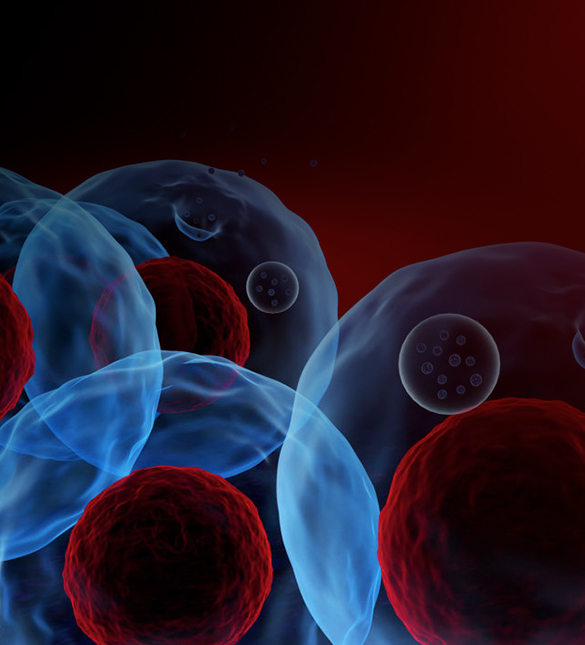
From hormonal imbalances to vitamin deficiencies, Ricardo shares the common causes behind hair loss that you have never heard of.
Hair loss as you well know is totally normal, we lose around 80-100 strands of hair a day. They fall out when our hair follicles are in a state of rest known as the telogen phase. Once the hair falls out it is replaced with a new hair that is in the anagen phase aka the active growth phase. This phase lasts anywhere between two to seven years and over this period the hair gets longer – growing about half an inch a month.
However, if you’re losing more than 80-100 hairs a day, or noticing bald patches then something is throwing your hair growth cycle out of whack. Ricardo shares the common causes behind hair loss.
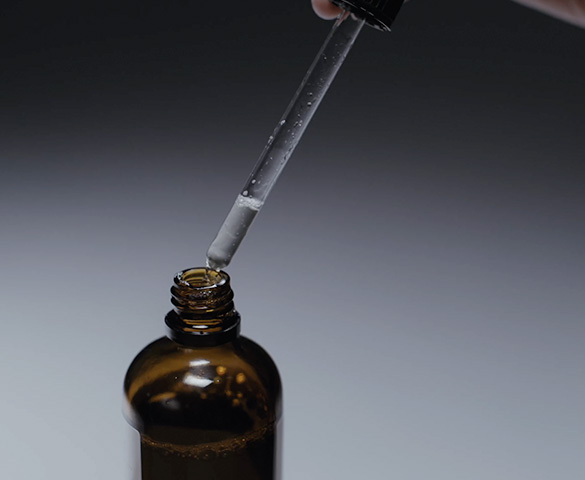
1. Medication Side Effects
Telogen effluvium is an incredibly common form of alopecia aka hair loss. Characterised by excessive shedding, it can be triggered by a number of different factors, one of which is medication.
Chronic use of anti-inflammatory painkillers like ibuprofen knocks the hair out of its growth cycle and into its resting phase, causing your hair to shed. While chemotherapy meds formulated to attack cancer cells, also attack other rapidly growing cells like those found in your hair follicles – which is why hair loss can occur. And you may find you lose a lot of hair after surgery due to the emotional and physical stress, but also because it is thought that anaesthetic not only knocks you out but slows down cell growth which then stops hair follicle production in its tracks.
Alongside that, medication when taken regularly can build up toxin levels in the body, and when expelled by the lymphatic system through the skin – including the scalp – this can lead to a disruption in keratin and collagen – both needed for hair growth.
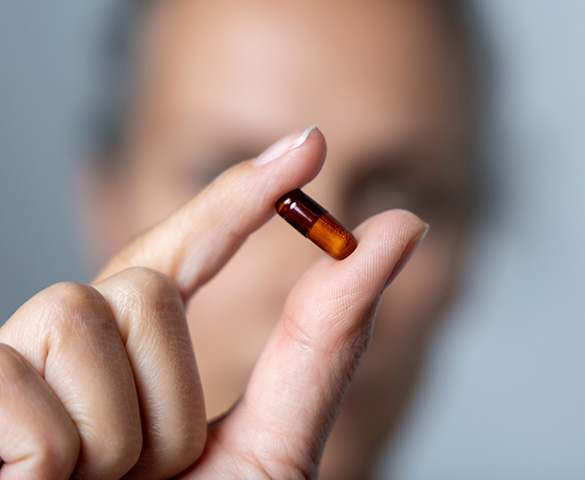
2. Oily Scalp
An excessively oily scalp when left to its own devices can easily trap dirt, styling products and dead skin into your hair follicles. The follicle is a tube-like structure that surrounds the root of each of your hair strands. When the follicle gets packed full of oil and everything it attracts, inflammation isn’t far behind. Together they squeeze each hair strand, slowing down hair growth, making strands thinner, weaker and eventually causing them to fall out.
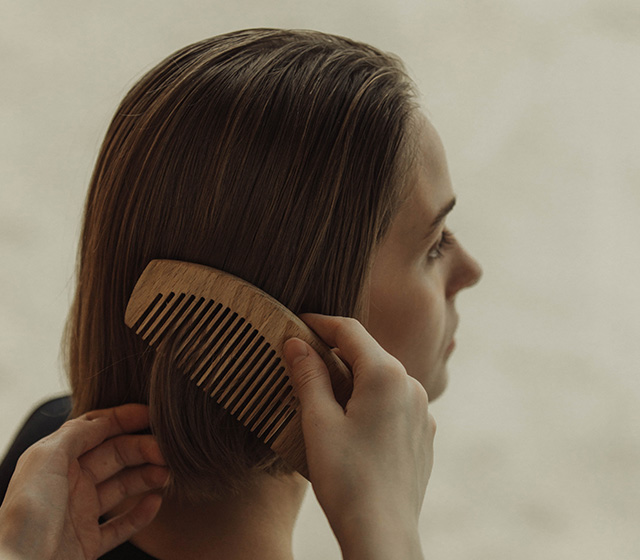
3. Low B Vitamins
You can have the most faultless hair care routine but if your blood lacks b vitamins – think B12 (cobalamin), B7 (biotin), B9 (folic acid), and iron your hair will bear the brunt.
An iron deficiency is one of the most common causes of hair loss in women, as iron is needed to produce keratin, the protein found in hair cells – the same goes for biotin. Without a decent amount of the stuff your hair begins to grow at a slower rate, break and fall out indefinitely too. While a lack of B12 and B9 can impact your red blood cells – these transport oxygen around the body and of course the scalp, and a lack of oxygen affects the hair cells – triggering hair thinning and loss.

4. Dramatic Weight Loss
Restrictive diets can result in the body not getting enough of the nutrients it needs to function as it should. This is because the nutrients in our food are used as energy to fuel our growth and repair functions to keep us strong and healthy. When energy reserves are low the body uses what it has to keep our vital organs ticking over, taking energy away from non-essential areas like our hair follicles, skin and nails. This lack of energy pushes hair into the resting phase of the hair growth cycle which means more hair loss than normal.
And it’s not just restrictive eating that can trigger hair loss, rapid weight loss can too. Thankfully in most cases your hair will recover within three to six months once your body has acclimatised to your new weight – as long as you ensure you’re eating a balanced protein rich diet. Protein is key when it comes to healthy tresses as 95 per cent of our hair is composed of the protein keratin, which is made up of amino acids broken down by the body from the protein you consume. So, if you don’t eat enough of the stuff, you can’t grow healthy hair.
5. Hormonal Imbalance
Our hair cycle is greatly impacted by our hormones, so when they are out of balance you can expect hair loss to ensue.
Oestrogen is a major player when it comes to hair growth, as it ensures your tresses stay in their growth phase for the correct amount of time. During pregnancy oestrogen levels skyrocket which explains why after pregnancy when oestrogen levels return to normal hair goes back to its usual cycle and you start to lose hair. But you might not have realised that hair loss can also follow a termination or miscarriage, due to the sudden changes in hormone levels. The same theory applies post menopause, as oestrogen levels drop – hair loss becomes inevitable. Female hormones aren’t the only hormones at play when it comes to hair loss. Depending on your genetic predisposition an excess of androgens, aka male hormones can trigger hair loss too in both men and women.
Lastly, your thyroid hormones can also be the cause of hair loss, as they impact the rate at which your body used oxygen and energy – both vital components of hair growth. If your T4 and T3 hormones aren’t at the values they should be, hair sheds and for some people it’s not replaced – resulting in major thinning.
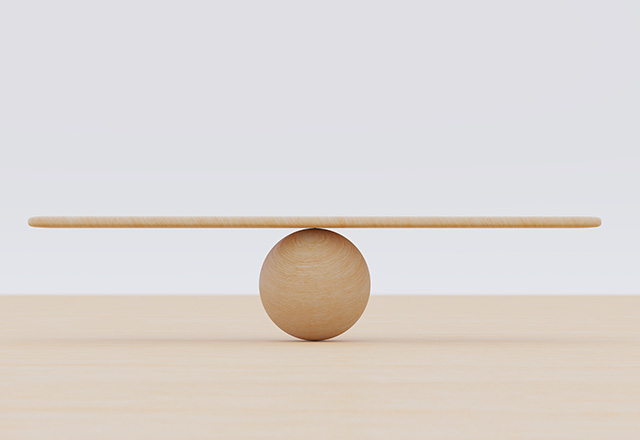
For an in-depth hair health analysis, book our unique Hair DNA Scan.

